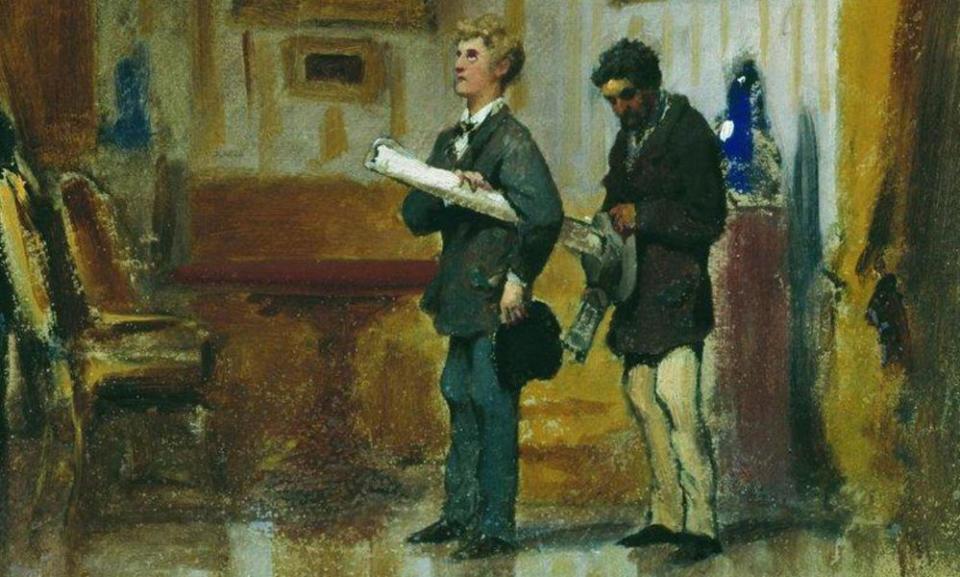'My best friend of 20 years turned me down for a job. Is there any way to save the friendship?'

My best friend of 20 years and I had an argument. He had an opening in his office and with the pandemic and the economy, it is very difficult to find jobs for older employees. We had an agreement many years ago to never work together.
However things have changed and it was difficult to ask him for the job. He turned me down since we know each other’s “true” CVs and now we are no longer friends. I feel he does not respect my professional abilities. He says he does not want to hire or work with friends, but twice in the past a friend has hired him, including in his current position.
We were best mates for 20 years and I miss his friendship, but the fact that I feel he does not respect me professionally hurts deeply. We have known each other longer than our wives and were at each other’s weddings. We both know information on each other that could get us fired. Currently he is working and I am unemployed, since I was expecting him to hire me. Is there any way to save the 20-year friendship or are we destined to go our separate ways?
Eleanor says: Saving a relationship after something we considered a betrayal often means choosing to care less about whether we were right. This is hard, because sometimes we just are right. We want that acknowledged, chiselled in letters one-inch deep in the entryway to the relationship. Letting go gives us the exact opposite feeling: not only is our correctness unacknowledged, we aid and abet its disappearance. We sign up to play along in a pantomime of a parallel universe where it’s even possible that we were wrong.
But you asked whether there was any hope of saving the relationship, so I’ll tell you what I think that would take, and you can decide whether you think it’s worth it.
You have been terribly hurt by the actions of this old friend. You say they express contempt for your professional abilities, and you’re hurt that he chose to act as an employer rather than as a “best mate”. He chose not to help you out of a very bad spot.
But as in all betrayals – even the ones when all sides agree that’s what it was – the act will mean something different to the person on the other side. Nobody hurts the people they love without their reasons. The infuriating realisation of close long-term relationships is that those reasons don’t have to be good for it to be worthwhile trying to understand them.
Do hard-and-fast rules make him feel in control in a work environment that otherwise patronises him? Does he have a long and idiosyncratic history of being uncomfortable when asked to “save”? I don’t know enough to be able to guess – but you might.
Part of why betrayals hurt so much is they make us feel we’ve lost the person we knew. But if we can understand what the betraying moment meant to the person who did it, or what reasons were motivating them that we couldn’t see at the time, we have a way of being able to know them again. We might come to know them even better than we did before.
If the goal is returning to closeness with the person, instead of keeping the scorecard of who did what, this can only help, even when there’s unpleasantnesses in what we find out.
Strangely, he might actually be more willing to see your part of the story if you try to understand his. People get litigious when they are blamed. We don’t want to admit to any part of how the other person sees things, in case giving a little ground suddenly means giving a lot. If he feels like the game has switched from prosecuting to understanding, he might be inclined to do the same for you.
You have 20 years of real connection between you – it’s hard to imagine this being a fatal blow. But forgiveness is hard, and trying not to keep a ledger in your head is very hard. It can help to remember what we’d look like on other people’s ledgers, and to try to give out what we hope for in return.
*************************************
Ask us a question
Do you have a conflict, crossroads or dilemma you need help with? Eleanor Gordon-Smith will help you think through life’s questions and puzzles, big and small. Questions can be anonymous.
If you’re having trouble using the form, click here. Read terms of service here.

 Yahoo News
Yahoo News 